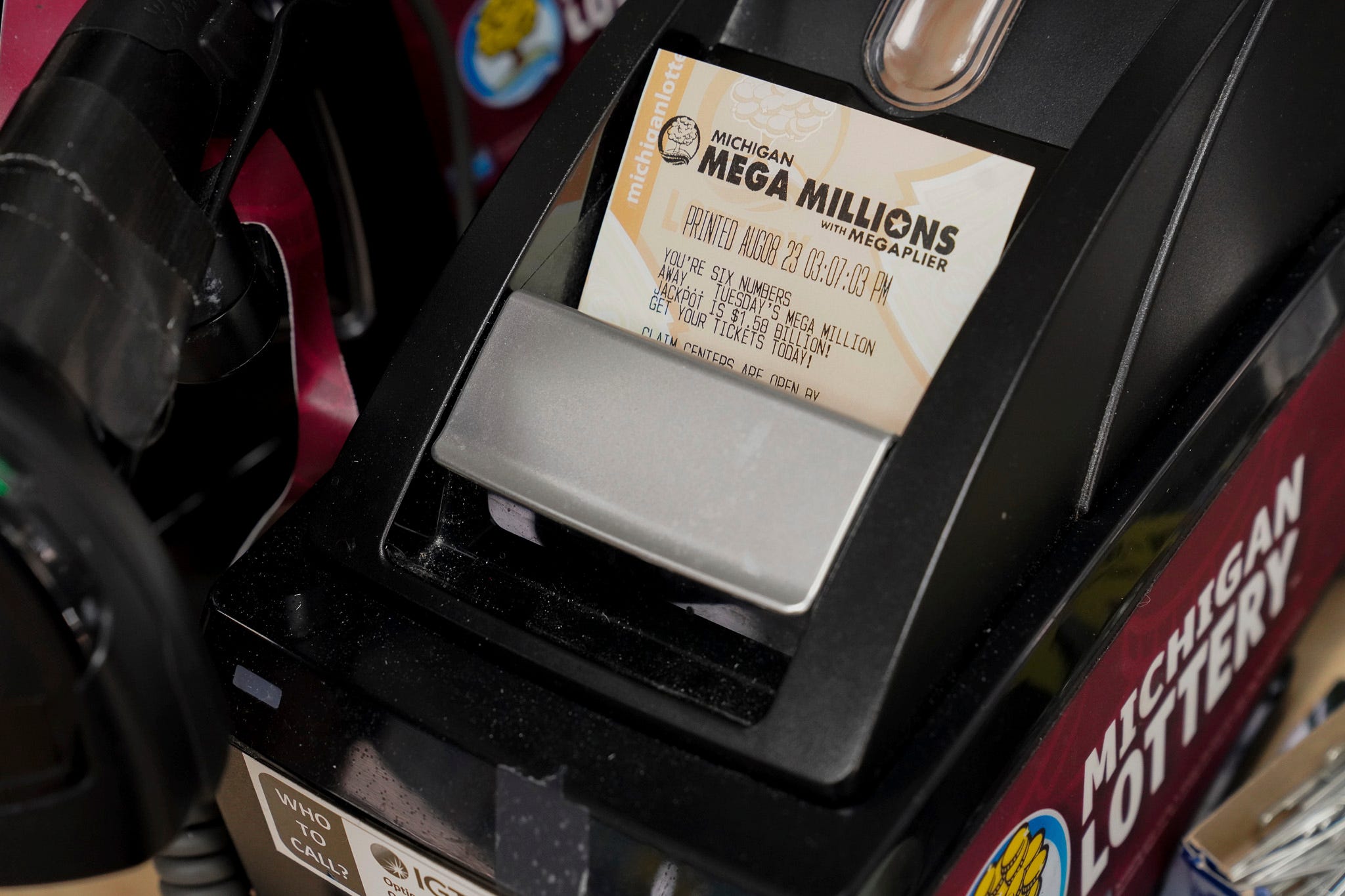New York City begins a new era in nutritional warnings this week, when chain restaurants will have to start putting a special symbol on highly salty dishes.
The first-of-its-kind rule, which takes effect Tuesday, will require a salt-shaker emblem on some sandwiches, salads and other menu items that top the recommended daily limit of 2,300 milligrams — about a teaspoon — of sodium.
It's the latest in a series of novel nutritional moves by the biggest U.S. city, and it comes as health advocates, federal regulators and some in the food industry are trying to get Americans to cut down on salt. Experts say most Americans consume too much salt, raising their risks of high blood pressure and heart problems. But the plan faces opposition from restaurant groups and salt producers, who say the city is going overboard.
"When you see this warning label, you know that that item has more than the total amount of sodium that you should consume in a single day," city Health Commissioner Dr. Mary Bassett said Monday at an Applebee's in Times Square as 40 of the chain's New York City-area locations announced they had added the labels ahead of the deadline.
The average American consumes about 3,400 mg of salt per day, and public health advocates have cheered the measure as a smart step to make diners aware of how much sodium they're ordering. A T.G.I. Friday's New York cheddar and bacon burger counts 4,280 mg, for example; a Chili's boneless Buffalo chicken salad has 3,460 mg. The figures come from the companies' published nutritional information.
Salt producers say the city is acting on misimpressions about the risks of salt in New Yorkers' diets. An international study involving 100,000 people suggested last year that most people's salt intake was OK for heart health, though other scientists faulted the study.
Restaurateurs say healthy eating initiatives shouldn't single out any one ingredient and that the city shouldn't create its own salt-warning scheme when U.S. regulators are working on new, national sodium guidelines.
Local
Such local requirements put an "overly onerous and costly burden" on city chain restaurants, often owned by small-time franchisees, the National Restaurant Association said in a statement Monday. The group said it's planning a legal challenge to the city's salt warning.
Health Department officials say they have clear authority to require the warnings and believe the public health benefits outweigh any burdens to restaurant owners.
Indeed, Apple Metro CEO Zane Tankel said adding the warnings won't affect the bottom line at his Applebee's in the area.
"We're not the food police, and we're not telling (customers) what to do," he said. "But I think it's important that we give them the opportunity to make the right decisions, or wrong decisions, if that's what they so choose."
In recent years, New York City has pioneered banning trans fats from restaurant meals and forcing chain eateries to post calorie counts on menus.
It led the development of voluntary salt-reduction targets for various table staples — some manufacturers have since squeezed some salt out of products from ketchup to canned beans to cookies — and tried to limit the size of some sugary drinks. The beverage industry successfully sued to stop the sugary-drink size cap, but the city prevailed when restaurants challenged the calorie-count measure.
The salt warning will apply to an estimated 10 percent of menu items at the New York City outlets of chains with at least 15 outlets across the U.S., according to the Health Department. Officials say those chains do about one-third of the city's restaurant business.
While eateries are expected to comply as of Tuesday, the city won't start collecting $200 fines until March 1.
James Berry said after finishing a meal Monday at the Times Square Applebee's that he supported the warning labels but wasn't sure what the salt-shaker sign represented until he asked.
"People need to be informed," he said. "But I think the key is people need to understand what it is. I saw it and didn't know what it was until somebody brought it to my attention."



